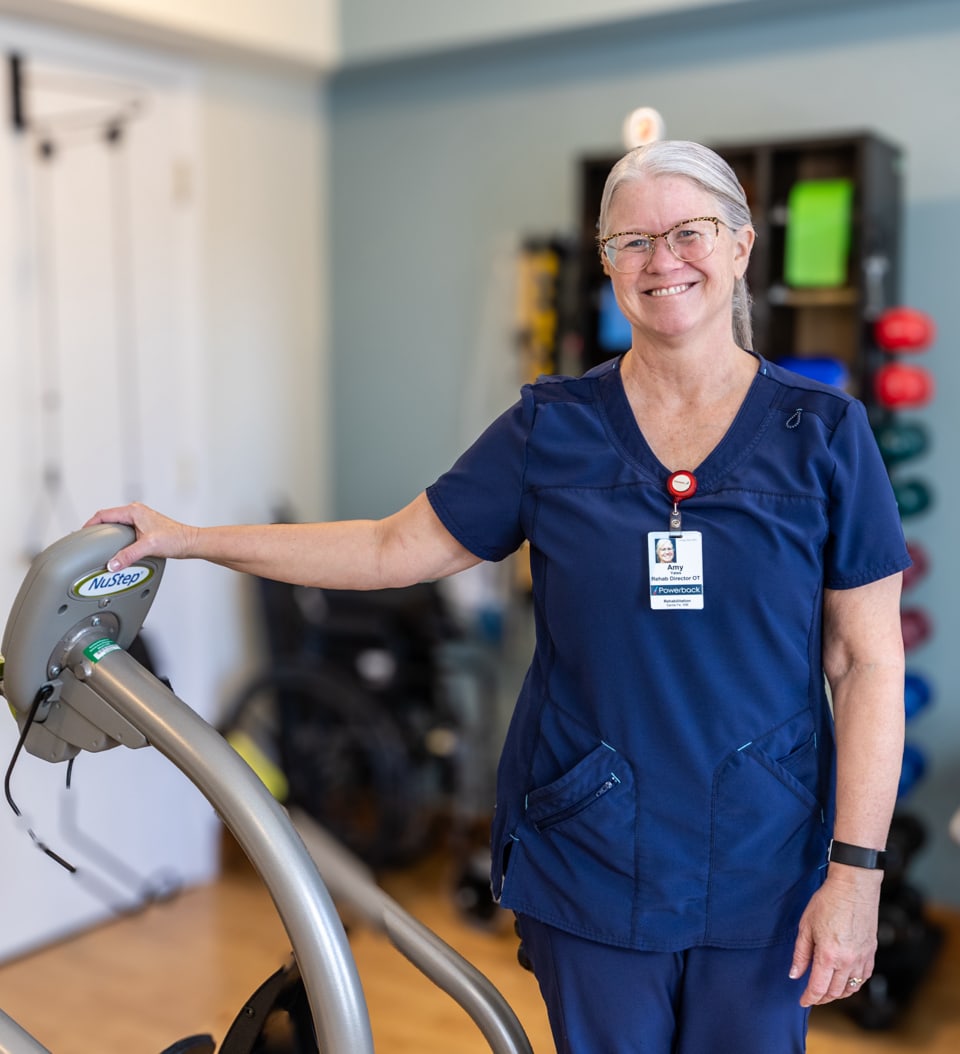Caring for a loved one with dementia comes with a set of challenges, especially when it comes to assisting in daily activities like bathing.
Dementia can be categorized into 3 stages: early (mild), middle (moderate), and late (severe). Understanding the different stages can help families and caregivers manage the needs and level of care for their loved ones appropriately.
A refusal to bathe can begin in the middle stages of dementia and continues to become more difficult to manage over time due to increased cognitive decline and behavioral changes.
Understanding the Stages of Dementia
Dementia is a broad term used to describe symptoms that affect an individual’s cognitive abilities which become severe enough to interfere with their daily living.
Dementia is categorized by a gradual decline in an individual’s memory, thinking, and behavior. The symptoms of dementia can greatly vary from person to person.
Depending on the severity of cognitive decline, there may come a time when dementia will significantly impair an individual’s daily living. Simple tasks like bathing, grooming, and preparing meals will become difficult to complete without assistance.
Why is Dementia Categorized into Stages
Dementia is a progressive condition, meaning its symptoms worsen over time. Early stages might involve minor memory lapses and difficulty with complex tasks. As the disease progresses, individuals may experience more significant cognitive decline, including difficulties with activities of daily living and increased dependence on caregivers.
Dementia is often divided into three stages. These stages provide a framework for understanding the progression of the disease by categorizing the symptoms and impact dementia has on daily living over time. This helps caregivers and families anticipate changes in behavior and abilities and allows them to provide the appropriate level of care at each stage.
The Global Deterioration Scale (GDS) can further divide dementia into 7 stages based on the amount of cognitive decline.
How Dementia Impacts Daily Living
The GDS classifies the 5th stage of dementia as “moderately severe cognitive decline.”
The 5th stage generally lasts around a year and a half. In this stage, an individual may exhibit:
- Major lapse in memory
- Require assistance with daily activities
- Be unaware of the date or time
- Be unaware of their sense of self
This level of cognitive decline affects their ability to perform routine tasks, like bathing, dressing, or cooking independently. During this stage, your loved one may struggle to remember the sequence of steps required for these tasks and may even forget their necessity.
This can lead to refusal or resistance to bathing and other personal hygiene practices.
As dementia progresses into stage 6, or severe cognitive decline, the refusal to bathe can become more pronounced.
In stage 6, an individual may experience the following:
- Inability to complete daily tasks without assistance
- Difficulty counting down from 10
- Trouble speaking
- Changes in mood and personality
During this stage, bathing can prompt strong, negative reactions like fear, confusion, or agitation. These reactions often result from a diminished understanding of the importance of personal care.
People with dementia can lose their sense of familiarity with bathing and become distressed. Bathing can feel intrusive and overwhelming, leading to heightened resistance. The cognitive and functional decline associated with this stage makes it difficult for individuals to comprehend and cooperate with caregiving tasks.

When Is It Time for Memory Care?
Memory care is a specialized form of long-term care designed for individuals experiencing cognitive decline, such as Alzheimer’s disease and other dementia, and requires support with daily living.
These communities provide ‘round-the-clock support from professional care staff trained to tend to people experiencing cognitive decline. Memory care provides services that include support with daily activities, medication management, and taking care of their safety and overall well-being.
In addition to everyday care, memory care provides residents with several therapy options that are designed to stimulate cognitive function. These activities aim to enhance and promote cognitive well-being in a social environment.
Deciding on Memory Care
The progressive nature of dementia means there will likely come a time when your loved one can no longer safely care for themselves independently. These risks can include:
- Wandering
- Increased falls
- Forgetting to eat
- Mismanagement of medication
- Forgetting to turn off household appliances
- Neglecting personal hygiene
There isn’t a one-size-fits-all answer to when memory care should be considered. However, memory care is generally recommended when individuals reach the middle to late stages of dementia.
Recognizing the signs of increased risk can suggest a need for memory care to preserve the safety and quality of life of your loved one.
Family Care vs Professional Care
Some families may choose to care for their loved one at home using tools and assistance like professional home care in addition to family support.
The emotional and physical toll of caring for a loved one with mid- to late-stage dementia is demanding. Memory care provides an environment with structured activities, opportunities for socialization, and dedicated healthcare professionals, which is difficult to replicate at home.
If you’re considering family care, having a strong support system and access to respite care is vital to continue providing quality care for your loved one and preventing caregiver burnout.
Schedule a Tour
Understanding the stages of dementia helps families and caregivers understand how this disease impacts daily living. Refusing to bathe becomes a common challenge in the later stages of dementia.
Providing appropriate support and considering memory care can significantly help both loved ones and caregivers.
To learn more about the benefits of memory care, connect with our team at Kingston Residence of Santa Fe to schedule a tour!






